5 Things Apple's iOS Does Better Than Android
Don't hate us for saying this, but some of you might be better off with Apple.
At Personaldigital, we can think of many reasons why the Android mobile operating system is better than Apple's. Google's alternative has a more open platform, more choices, better prices, more flexibility, and more ways to make it your own. But if Android is so much better, why do iPhone and iPad users keep using them?
Many people say it's about branding and status, but we think there are more important reasons. We love technology more than anything else, so we have to admit that iOS does some things better than Android. Let's discuss them.
1. In general, iOS is faster and runs better.
I've been using both platforms every day for years, and iOS has been much less buggy and slow. One thing iOS usually does better than Android is performance. Considering how the iPhone works, this makes no sense. At the moment, the iPhone 13 Pro Max is Apple's most powerful smartphone. It has a six-core CPU and 6GB of RAM. At best, those specs would be considered mid-range for an Android phone today.
We tend to get caught up in the details and forget to look at what really matters. Performance isn't just about having good specs. There is more to processing power than the number of cores and how fast the clocks run. It has been shown that Apple makes better processors than Qualcomm. In his long article, our own Gary Sims tells us how.
Whether Apple processors are better or not, what matters most is that iOS is designed to work perfectly with the few devices Apple makes. Android, on the other hand, is thrown into a sea of smartphones, tablets, and other products. OEMs are in charge of making sure that the software works well with the hardware, and sometimes they do a bad job of it.
Apple's closed ecosystem means that everything works together better, so iPhones don't need super powerful specs to compete with the best Android phones. It all comes down to how well the hardware and software work together. Since Apple is in charge of the whole production process, it can make sure that resources are used more wisely. Also, developers have to go through a stricter process to release apps, and they don't have to make their apps work best on what may seem like an infinite number of devices.
This doesn't mean that every iOS device is better than every Android device. Some Android phones are built with powerful parts and run very well. Most Android phones in the same price range, though, are slower and less smooth than iOS devices. For example, an iPhone 13 Mini can do almost the most expensive iPhones, and it starts at an MSRP of $699. Even the cheap iPhone SE works very well.
2. It's very easy to use iOS
What we like about Android can make it less appealing to the average consumer. Even though Google and the manufacturers it works with are getting better at making Android easier to use, especially with Android 12, it can still be hard to figure out. Not everyone wants to deal with random icon placement, a lot of settings, and the ability to change everything. Also, the fact that most Android phones look and feel different from each other makes it harder to learn how to use them.
Apple fans like how easy it is to use their operating system, which is one of the things iOS might do better than Android. iOS is appealing in part because it doesn't do much. Many people who like the iPhone don't want a phone that they can mess with and change. They want a device that works well, is easy to use and gets them to the content they want with as little work as possible. This is what the phrase "it just works" refers to.
With iOS, you get home pages with rows and columns of icons that you can arrange however you want. There is no app drawer, so everything is out in the open. The settings are easy to understand, and the experience is always the same on any Apple mobile device.
The iOS interface is easy enough to use that there is almost no learning curve. I've seen kids who had never used a smartphone before learning the basics in 10 minutes. If you already have an iOS device, you can switch to any other and know right away how it works.
3. Updates on time
One thing that iOS does better than Android is keeping software up to date. If your iOS device is eligible, it will get the latest update as soon as it comes out. This could be bad news for older devices that can't handle iOS versions that use a lot of resources very well. But that's a different subject and only something to worry about if you have a very old Apple device.
Google's Android ecosystem isn't as easy to use when it comes to updating. Google only updates its own products directly, like the Pixel 6 or Pixel 5a, and even those have been known to not get updates properly sometimes.
Manufacturers like Samsung, Sony, Motorola, and all the rest have to get the update from Google, work on it, and make it work best on your device before sending it out. In many cases, carriers also have to go through them, which makes it more likely that you won't get updates for weeks or months, if ever.
4. Apple's system of products
This one is more of a tie because Google has gotten much better at integrating its services across devices over the past few years. Even so, Apple products like iPhones, iPods, Apple TVs, Apple Watches, and Mac computers are tightly connected to iCloud, iMessage, FaceTime, and other in-house services. Google has similar services that also work well, but they aren't as easy to use and don't seem to fit together as well.
Some of the apps that are needed to use Google's core services aren't installed by default, so users have to look for them in the Google Play Store. Most of us who are good with technology may not think this is a big deal, but for some people, it can be a difficult task or, at the very least, an annoyance.
When it comes to app stores, the Apple App Store is much better put together and monitored than the Google Play Store. Developers looking to get their apps on the App Store have to go through a long and expensive list of checks and procedures, but the result is a net increase in the overall quality of iOS apps. The Apple App Store is generally cleaner, has fewer ads, and offers cool extra features like interviews, guides, better app lists, etc. It may be a walled garden, but it’s a safe, familiar, and easy-to-navigate garden all the same.
5. Security (for now)
Security-wise, it's no longer clear whether iOS or Android is better than the other, but most people still agree that Apple is better. iOS has more consistent updates for all devices, a closed ecosystem that is harder to get into, and a stricter app store. All of these things make it harder for attackers to go after people who use iOS.
Article Post By: Sushma Gtech.
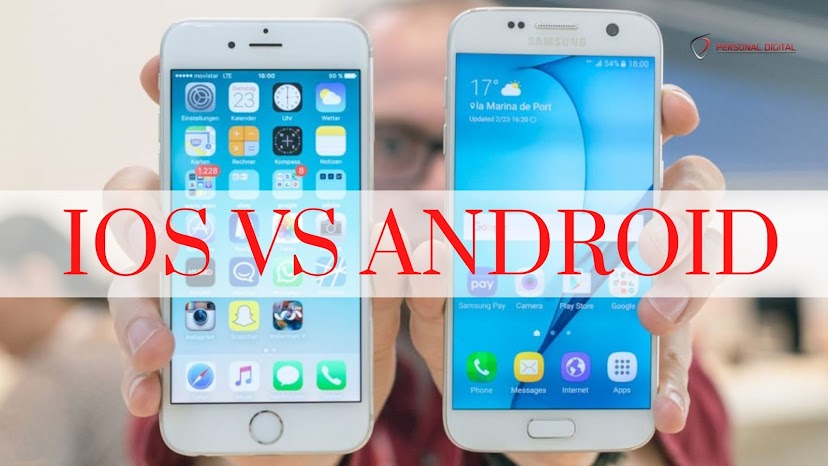
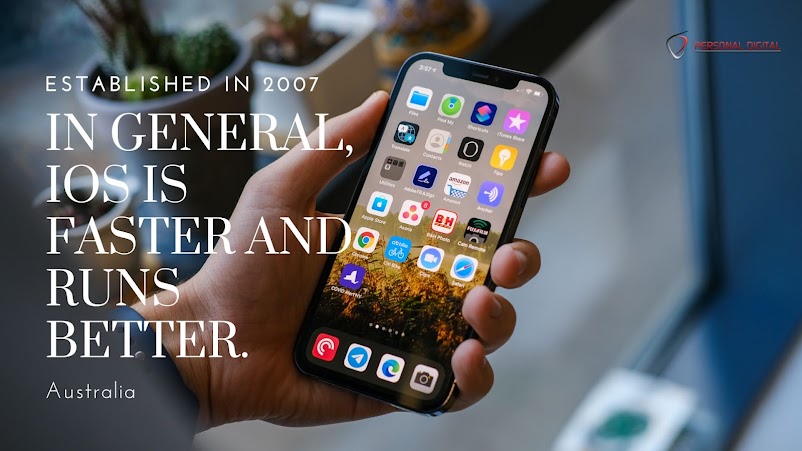
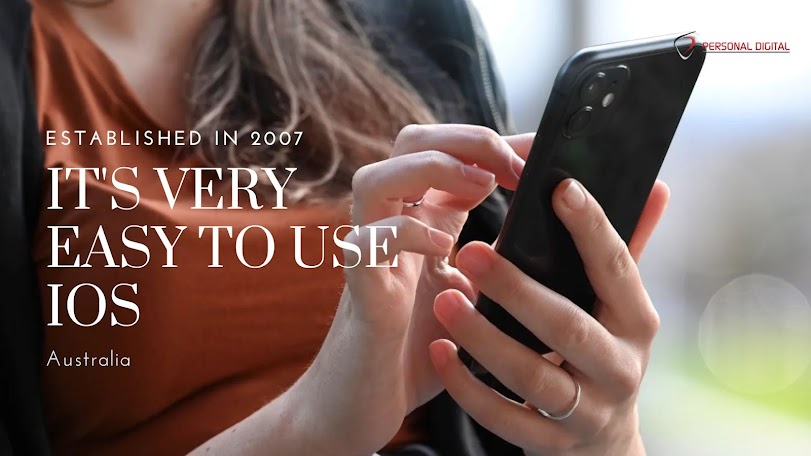

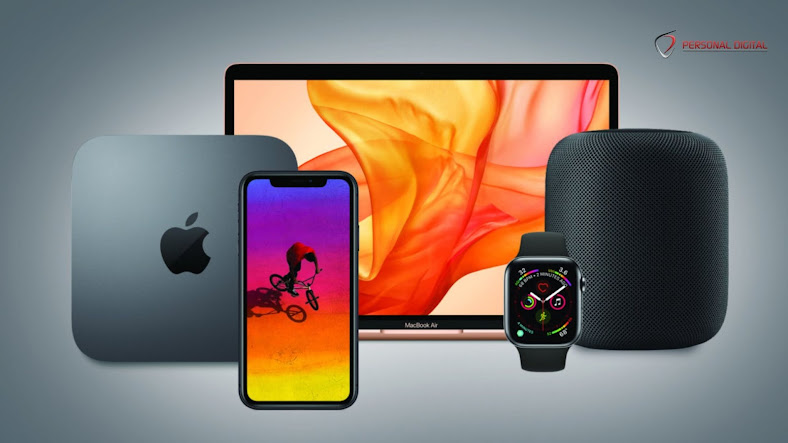
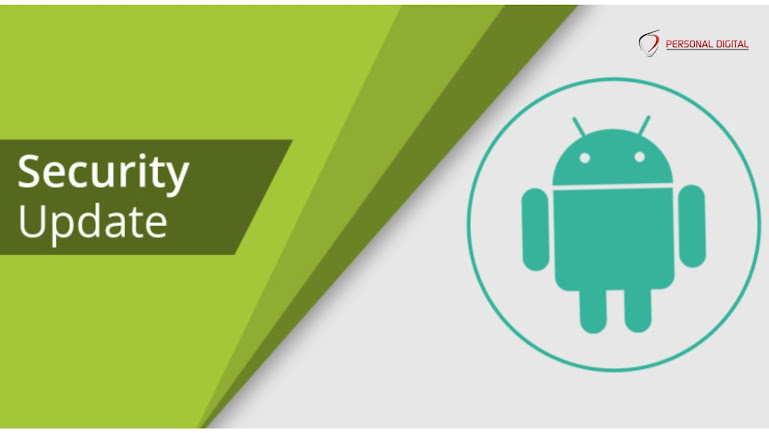




Comments